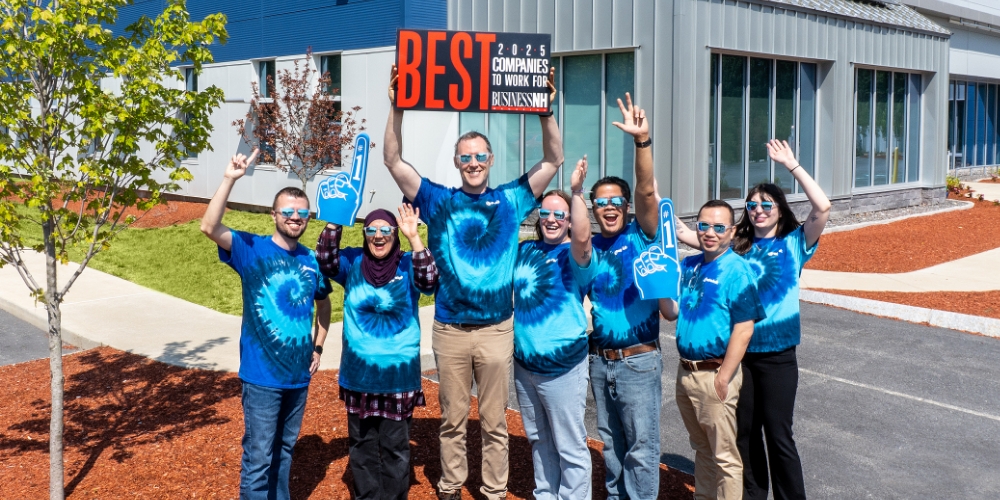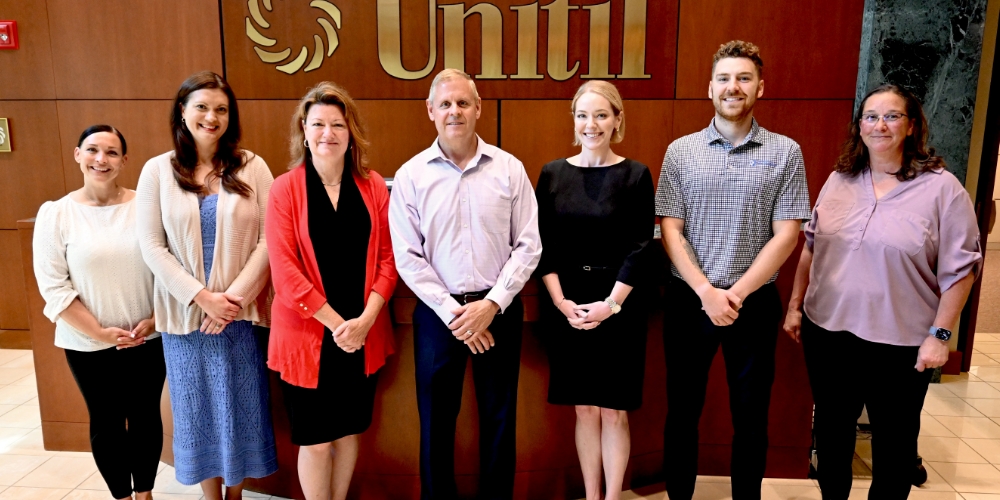
Is the global workplace at a breaking point?” That is the question poised at the start of Gallup’s “State of the Global Workplace” 2025 report. And the answers are not reassuring. Last year, the percent of engaged employees globally dropped from 23% to 21%, according to Gallup. It is only the second time in the past 12 years that engagement has declined; the other was in 2020 when the pandemic raged and people were in mandated lockdowns, according to the report.
And the reason for the decline? Managers’ engagement dropped from 30% to 27%, according to Gallop. “Two types of managers were particularly affected: Young (under 35) manager engagement fell by five percentage points; female manager engagement dropped by seven points,” the Gallup report states.
It’s not hard to see why. The truth is, it’s harder to be manager in today’s work environment. Gallup sites several disruptions in workplace culture in the past five years: post-pandemic retirements and turnover, a hiring boom and bust, rapidly restructured teams and departments, shrinking budgets and ended stimulus programs, disrupted supply chains, new customer expectations, digital transformation and AI tools, and new employee expectations around flexibility and remote work.
When managers are less engaged, it cascades into the workforce. Investing in the mental health of managers and employees and in training is critical. If your managers aren’t feeling supported and engaged, what hope do you have for your company overall? Employees know when their managers have checked out and it breeds resentment.
It’s long been understood that employees don’t leave jobs, they leave managers. This decline in engagement, particularly among managers, should ring warning bells for companies of all sizes. Since the pandemic, managers have been saddled with the difficult and overwhelming task of providing employees with more flexibility yet keeping teams cohesive and healthy even with remote working. No matter the model—hybrid, remote or in office—there is plenty of room for resentment to build, communication to erode and engagement to falter.
It takes managers who are empathetic and purposeful in their approach to effectively create the culture necessary for today’s workforce that is built on trust and accountability. The winners of the Best Companies to Work For in NH, featured in this issue, are facing those challenges and finding ways to be flexible and investing in their employees, especially their managers.
You can learn more about their approaches by engaging with the leaders of these companies in person at our Breakfast With the Best event on Sept. 18. We look forward to having some lively discussions!
Sincerely,
Matthew J. Mowry,
Co-Publisher and Executive Editor









































